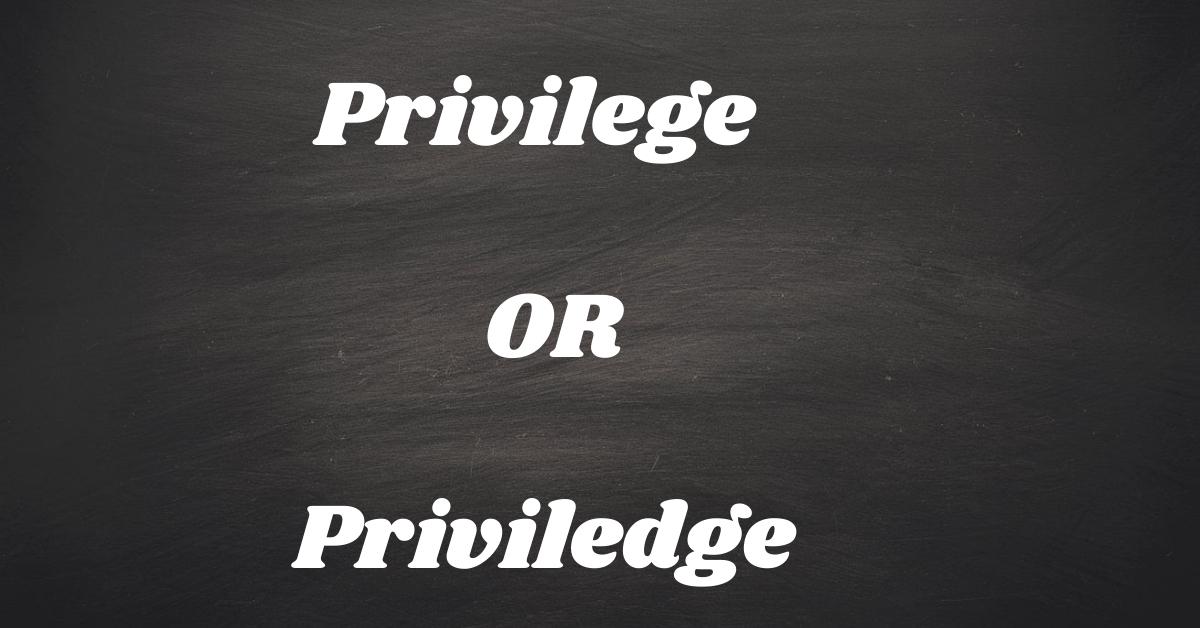Privilege or Priviledge is a common point of confusion in the English language. Many people mistakenly use the incorrect spelling, priviledge, without realizing that it detracts from their communication.
Understanding the correct usage of privilege is essential for clear and effective writing, especially in professional communication. This term carries significant weight, as it refers to special rights or advantages that certain individuals or groups may have over others.
In this article, we will explore the meaning of privilege, its origins, and its implications in various contexts. By the end, you will gain clarity on why using the correct spelling matters in everyday language.
Quick Summary
Privilege is the correct spelling, while priviledge is a common misspelling. Knowing how to spell this word correctly can enhance your professional communication and ensure clarity in your writing. Misusing the term can lead to confusion, especially in formal settings where precise language matters.
Understanding Privilege or Priviledge
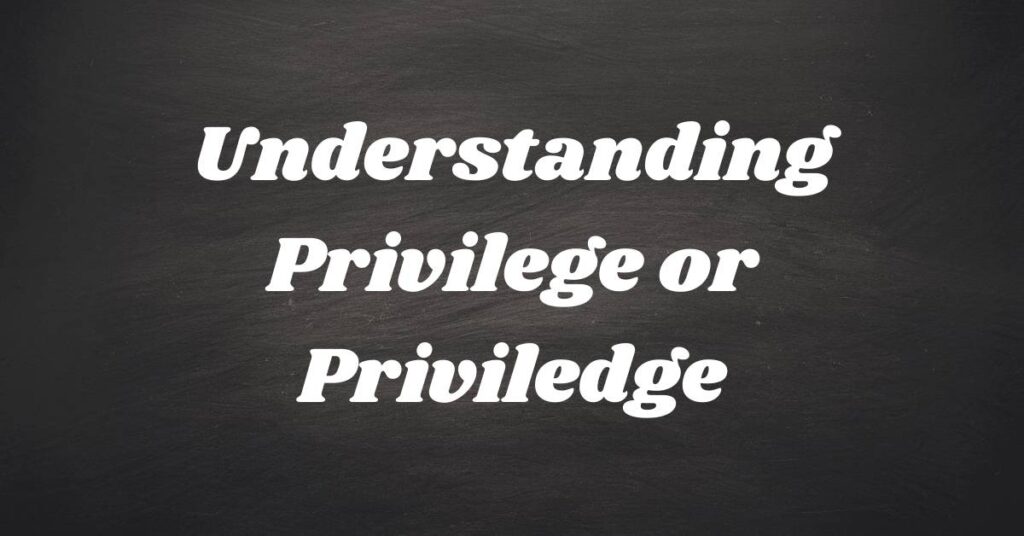
The term privilege refers to a special right or advantage that a person or group has over others. This concept can apply in various areas, such as social status, legal rights, and even technology access.
For example, someone born into a wealthy family may enjoy social privileges that others do not have, such as better education or healthcare opportunities. Understanding this concept helps us recognize the inequality that exists in society.
On the other hand, priviledge is simply an incorrect spelling of the word privilege. People often make this mistake due to its phonetic similarity to other words that contain “d.” However, recognizing this misspelling is crucial for maintaining grammatical accuracy in your writing.
Origins of the Privilege
The word privilege has its roots in the Latin term privilegium, meaning “law applying to one person.” This term evolved through Old French and Middle English, where it signified special rights or advantages granted to individuals.
The concept of privilege has historical significance in legal contexts, particularly regarding the right against self-incrimination.
Over time, discussions around privilege expanded to include social and racial dimensions, notably highlighted by scholars like W. E. B. Du Bois and Peggy McIntosh, who explored unearned advantages in society. Understanding these origins enriches our comprehension of privilege today.
Privilege: Definition and Usage
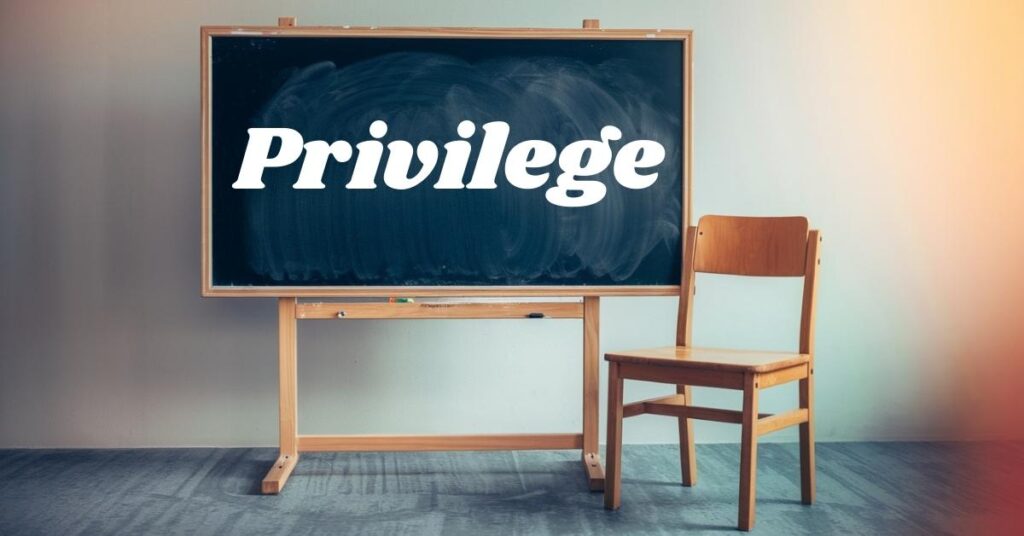
Privilege signifies an advantage that one person has over another due to various factors like wealth, race, or education. For example, someone with a college degree may find it easier to secure a job compared to someone without one.
This advantage can manifest in many ways better job opportunities, access to exclusive events, or even preferential treatment in social situations.
Using the word correctly enhances your writing’s clarity and professionalism. For instance, you might say, “Having access to quality education is a significant privilege that not everyone enjoys.” This sentence clearly illustrates how privilege operates within societal frameworks.
Synonyms of Privilege
Here are ten synonyms for privilege that can help expand your vocabulary:
- Advantage
- Benefit
- Right
- Honor
- Perk
- Entitlement
- Favor
- Special right
- Immunity
- Precedence
Using these synonyms can add variety to your writing while maintaining the same core meaning.
Priviledge: Definition and Usage
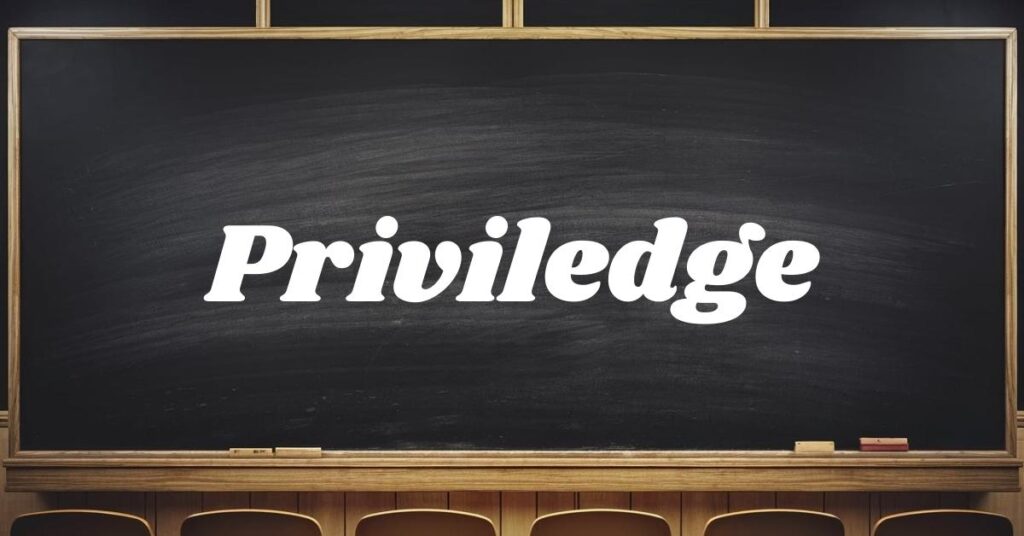
Priviledge is simply a misspelling of privilege. It does not have any recognized meaning or usage in standard English. Many people mistakenly use this spelling due to phonetic confusion with other words containing “d.”
However, it’s important to remember that using incorrect spellings can undermine your credibility in both casual conversations and formal writing.
For example, if you write “It’s a priviledge to be invited,” readers may question your attention to detail or language skills. Instead, saying “It’s a privilege to be invited” demonstrates clear communication and grammatical accuracy.
Side by Side Comparison
To clarify further, here’s a table comparing both terms:
| Aspect | Privilege | Priviledge |
| Correctness | Correct spelling | Incorrect spelling |
| Definition | Special right or advantage | No recognized meaning |
| Usage | Widely accepted | Common misspelling |
This comparison highlights why using the correct form matters in effective communication.
Read More Article: Feel or Feal: Which One Is Best to Use?
Everyday Usage Examples
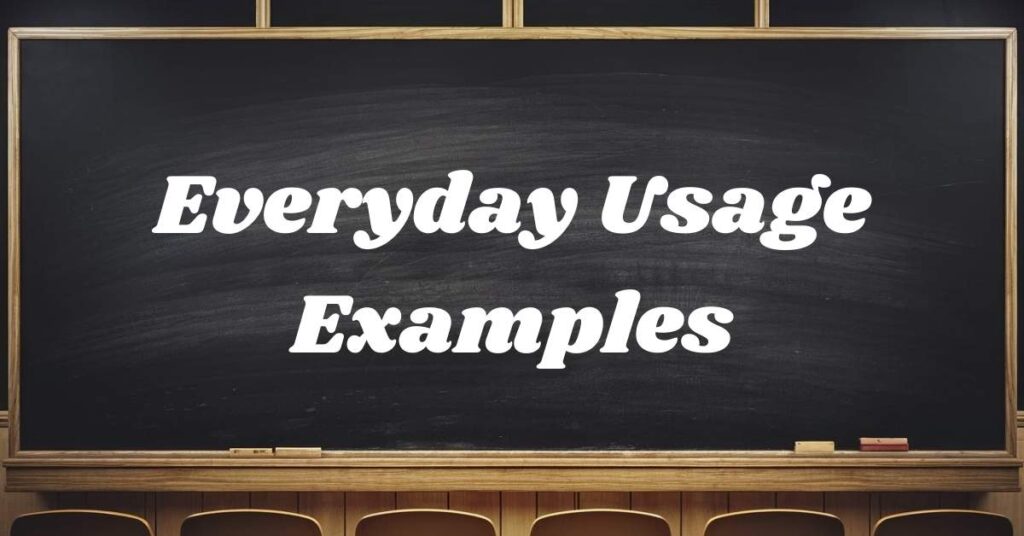
To better understand how to use these terms correctly, consider these examples:
In a sentence using privilege, you might say: “Accessing advanced healthcare services is a privilege that many people do not have.” This emphasizes how some individuals benefit from better resources than others
In contrast, an incorrect example would be: “It’s a priviledge to attend this exclusive event.” This sentence contains a spelling error that detracts from its intended meaning.
Privilege Example
- Having access to quality education is a privilege that opens doors to better job opportunities.
- The ability to travel freely without restrictions is a privilege many take for granted.
- Enjoying healthcare services without financial burden is a significant privilege in many societies.
- Being able to express one’s opinions openly without fear of persecution is a vital privilege in democratic nations.
Priviledge Example
- It’s a priviledge to be part of such an exclusive club, but the spelling is incorrect.
- She thought it was a priviledge to attend the VIP event, not realizing the misspelling.
- Claiming it’s a priviledge to have a personal assistant reflects a misunderstanding of the term.
- He mistakenly wrote that it was a priviledge to receive special treatment at work.
Read More Article: Hassle or Hastle: What’s the Difference?
FAQS: Privilege or Priviledge
How do British people spell privilege?
British people spell it the same way as Americans do, using “privilege” without a “d.”
Is there D in privilege?
No, there is no “d” in the correct spelling of privilege; it is spelled P-R-I-V-I-L-E-G-E.
Is freedom a right or privilege?
Freedom is generally considered a right, although access to it can sometimes be viewed as a privilege depending on the context.
What is the rule of privilege?
The rule of privilege often refers to legal rights that protect certain communications, like lawyer-client confidentiality, from being disclosed.
Conclusion
Understanding the difference between privilege or priviledge is crucial for effective communication. Using the correct spelling of privilege not only enhances your writing but also reflects your attention to detail and professionalism.
As we’ve explored, privilege carries significant meaning in social, legal, and personal contexts. By avoiding the common misspelling of priviledge, you can ensure clarity and accuracy in your language. Embracing the correct usage of this term will enrich your communication skills and foster better understanding in discussions about rights and advantages.

